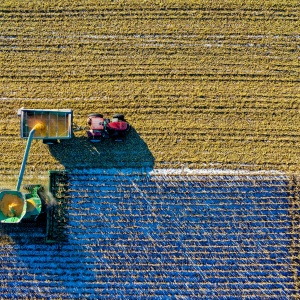
This paper argues that research on genetically engineered crops in Africa fails to consider and report the social impacts, mainly focusing on crop yield and income and little or no attention paid to poverty alleviation, food security or gender equality.
Abstract
How could we know if agricultural development interventions make contributions to sustainable development goals (SDGs)? Genetically engineered (GE) crops are celebrated as a class of technological interventions that can realize multiple SDGs. But recent studies have revealed the gap between GE crop program goals and the approaches used to assess their impacts. Using four comprehensive reviews of GE crop socio-economic impacts, we identify common shortcomings across three themes: (a) scope, (b) approaches and (c) heterogeneity. We find that the evaluation sciences literature offers alternative assessment approaches that can enable evaluators to better assess impacts, and inform learning and decision-making. We recommend the use of methods that enable evaluations to look beyond the agronomic and productive effects of individual traits to understand wider socio-economic effects.
Dowd-Uribe, B.; Blundo-Canto, G.; Glover, D.; Louafi, S.; Shilomboleni, H.; Rock, J.S.; Kikulwe, E.; Fischer, K.; Joly, P. Socio-economic assessment and genetically engineered crops in Africa: Building knowledge for development? Global Food Security.







Post a new comment »